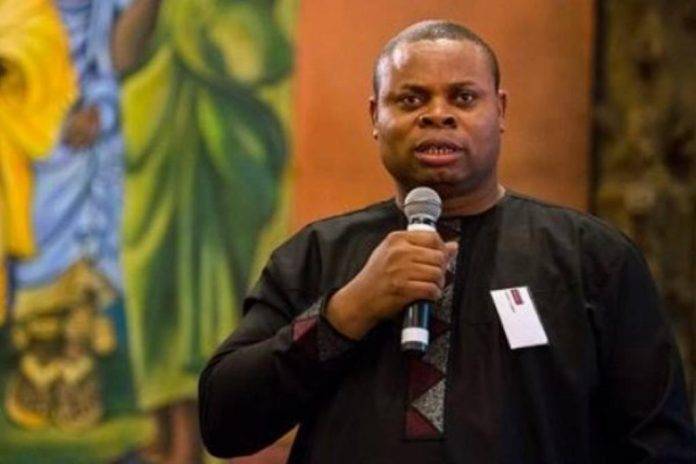Founding President of Imani Africa, Mr Franklin Cudjoe has said Ghana’s economy is no stranger to the endless cycle of booms and busts.
He said it is a history of a relatively stable macroeconomic environment informed by sensible fiscal policy backed by sound monetary policy in between elections, and fiscal indiscipline combined with loose monetary policies around election periods.
” This political business cycle is very costly economically, socially, and politically with fiscal consolidation measures requiring painful adjustments costs that are unevenly distributed.
“Eventually, this reflects in higher inflation, higher public debt, and the associated debt servicing obligations resulting in creating uncertainties for the business and investment community.
“There is considerable worry over the trajectory of government’s current macroeconomic framework and its ability to attract and retain capital towards enabling a structural economic transformation as Ghana competes with the rest of the continent for critical capital. Ghana’s domestic savings to GDP stood at 22.38 % in 2019 (15% average for SSA) whilst her investment needs exceed 30% of GDP (21% average for SSA) thus creating an external funding gap.
“Exactly how this widening gap gets narrowed without undue reliance on expensive external borrowing is government’s current dilemma.”



No comments yet
Be the first to share your thoughts!